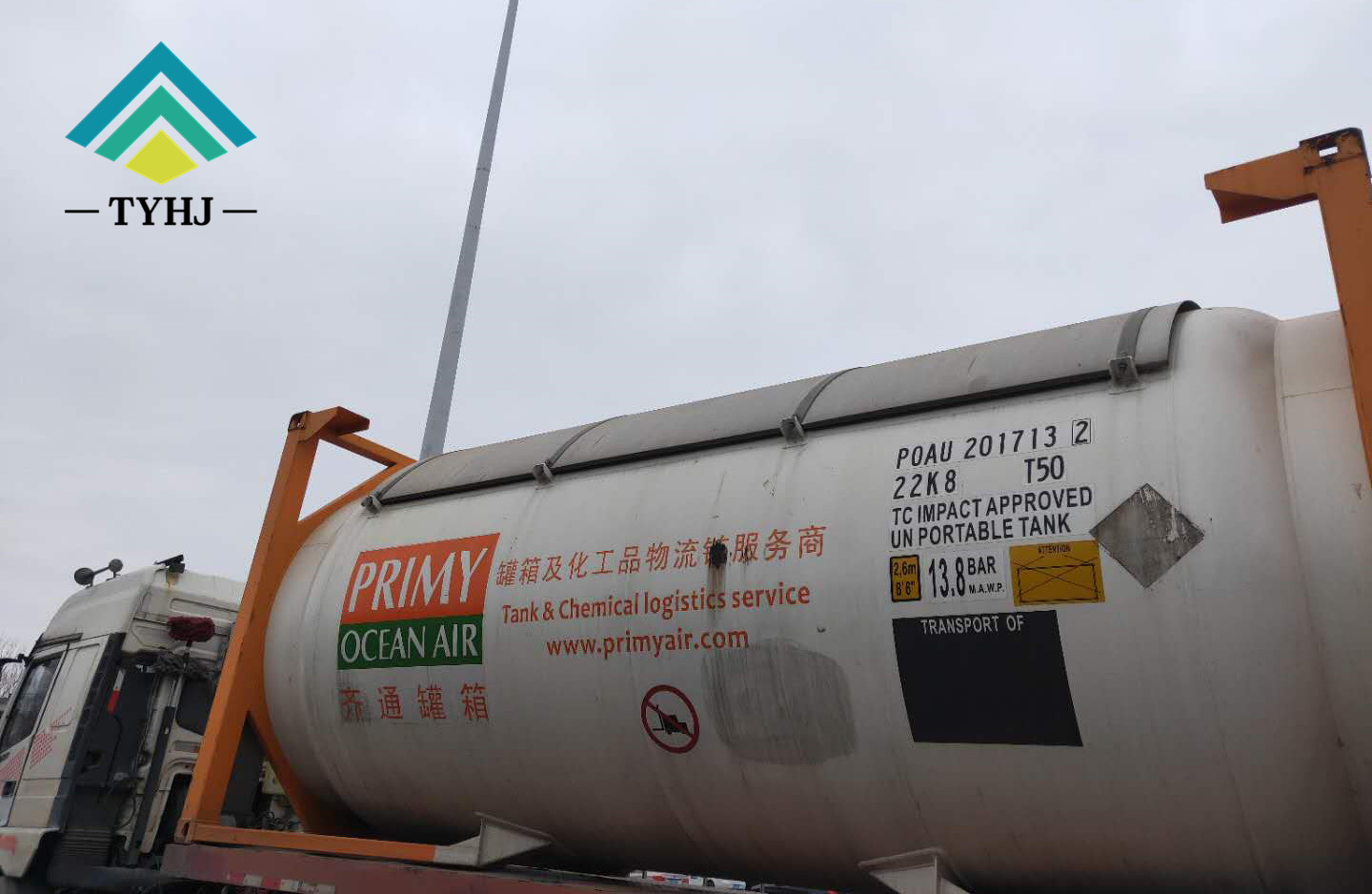What is Butane?
Butane is a flammable hydrocarbon gas that is liquefied through pressurisation.
Butane (n-butane) is also falls under the category of "LPG".
It is classified as LPG, along with propane, isobutane and mixtures of these gases.
Butane comes from natural gas processing and oil refining.
Butane is commonly used as a fuel, propellant and refrigerant, as well as a petrochemical feedstock.
The chemical formula for Butane is C4H10.
Butane is supplied to businesses that require Butane, as opposed to propane.
Butane has some specific applications where it has advantages over propane.
n-Butane or n Butane?
Both n-Butane or n Butane are just other names for regular butane.
What is Isobutane?
Isobutane (i-butane) is an isomer of butane.
So, it has the same chemical formula as butane — C4H10 — but has a different arrangement of its atoms, as you can see in the 3-D model images.
As with normal butane, isobutane is a flammable hydrocarbon gas that is liquefied through pressurisation.
Isobutane is converted from butane in a process called isomerization.
It also has different physical properties from normal butane (n-butane).
In addition to being used as a fuel, isobutane is commonly used as a refrigerant and a propellant.
Isobutane has very low global warming potential and insignificant ozone depletion potential.
However, its main use is in refineries to increase octane of gasoline and make it cleaner burning.
It is classified as LPG, along with propane, butane and mixes of these gases.
